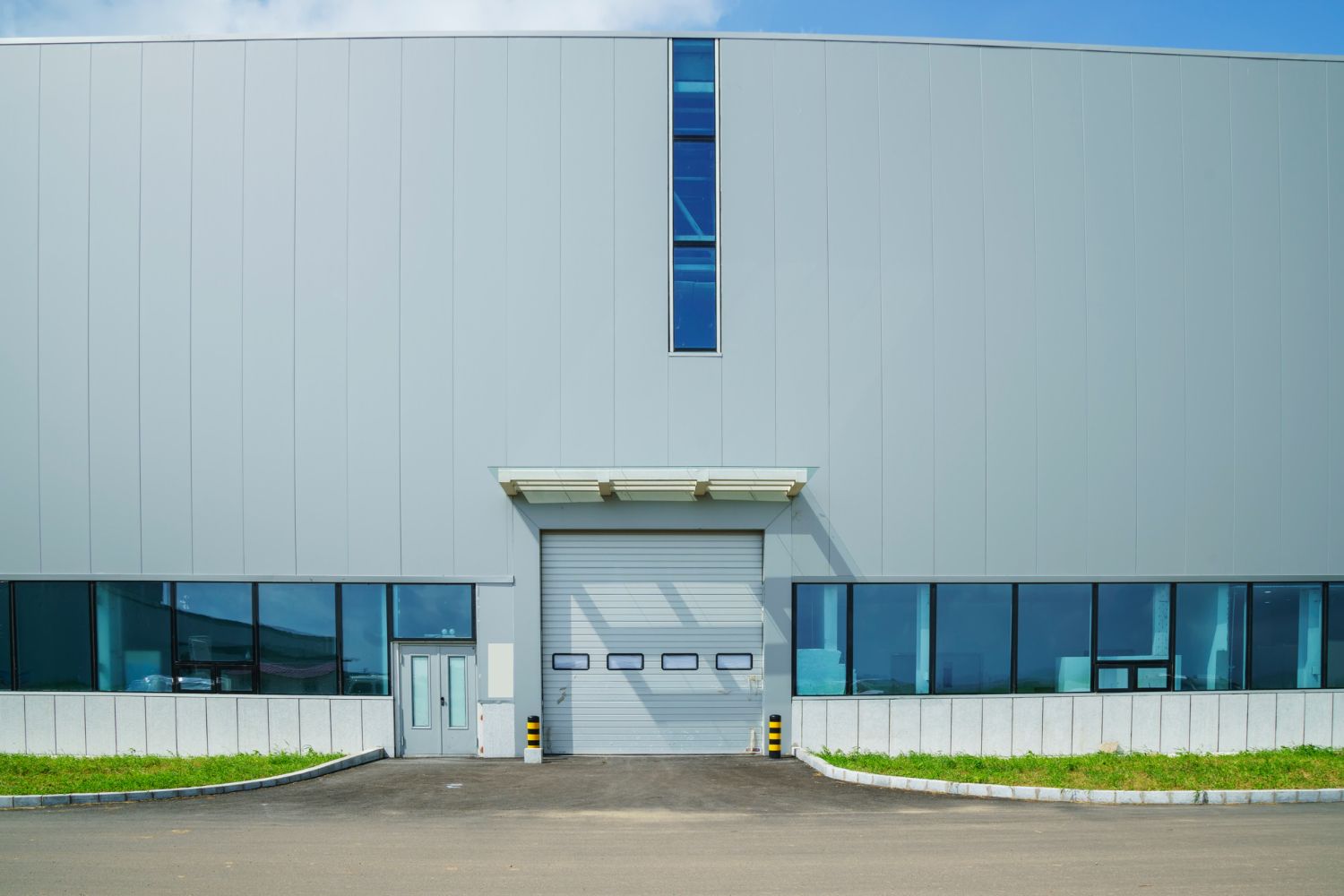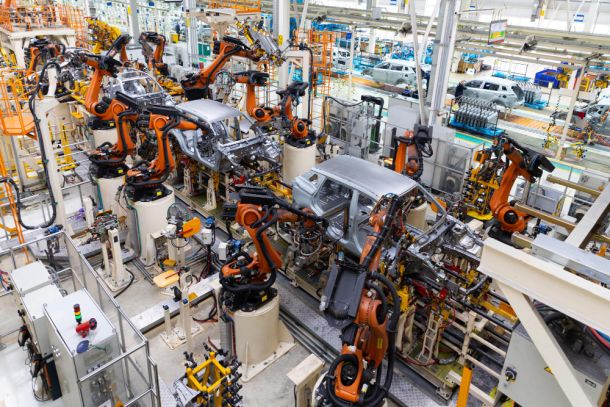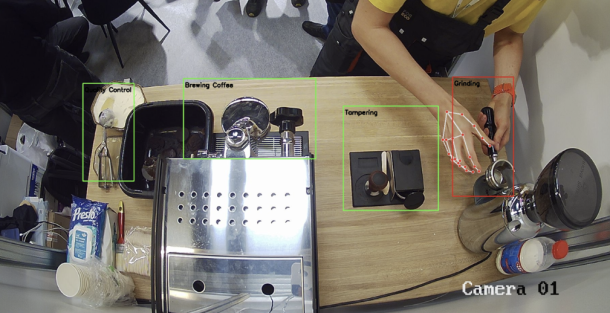AI in Production Planning: Real-World Benefits for MES Providers
Manufacturing Execution Systems (MES) are the backbone of production floor management. But to stay ahead, MES providers need to embrace AI-powered production planning. This integration goes beyond waste reduction, unlocking significant gains in efficiency, productivity, and overall competitiveness.
Traditional MES: Struggles and Shortcomings
MES software coordinates work orders, production schedules, and enterprise systems like ERP and PLM. However, traditional MES often face hurdles:
- Steep Implementation Costs: The technology and infrastructure required for MES can be expensive and complex to set up.
- Employee Resistance: Implementing MES often means significant changes in workflows, leading to pushback from employees.
- Data Integration Woes: Seamlessly integrating MES with existing systems and managing vast data volumes can be a major challenge.
AI Transforms MES: A Game Changer
By integrating AI into MES, providers can overcome these hurdles and offer distinct advantages:
- Smarter Decisions: AI-powered analytics provide actionable insights, improving decision-making quality by up to 40%.
- Efficiency Boost: AI automates production planning, reduces idle time, and identifies bottlenecks, increasing efficiency by up to 20%.
- Quality on Autopilot: AI eliminates human errors in planning, leading to better product quality and compliance with industry standards.
- Unmatched Agility: AI enables real-time adjustments to production schedules, ensuring quick responses to unforeseen changes.
Real-World Example 1: Automaker Streamlines Production
A major automaker struggled with manual production planning, leading to delays and inefficiencies. By integrating AI-powered Advanced Planning and Scheduling (APS) with their MES, they achieved:
- 20% Reduction in Production Time: AI optimized scheduling, streamlining the entire production process.
- 15% Decrease in Material Waste: AI identified areas for material optimization, minimizing waste.
Real-World Example 2: Electronics Manufacturer Gains Control
An electronics manufacturer faced challenges with production bottlenecks and missed deadlines. Integrating AI into their MES resulted in:
- 30% Increase in On-Time Deliveries: AI helped them dynamically adjust production schedules to meet deadlines consistently.
- 10% Improvement in Machine Utilization: AI optimized machine usage, minimizing idle time and maximizing throughput.
The Future of MES: Powered by AI
For MES providers, integrating AI is no longer optional. By leveraging AI, MES solutions can deliver clear value, transforming data into actionable insights and significantly improving production efficiency. As Industry 4.0 redefines manufacturing, AI-powered MES will be at the forefront, setting new standards for efficiency and innovation.
Conclusion
AI-powered production planning offers MES software providers a unique opportunity to stand out. By addressing traditional challenges and enhancing efficiency, quality, and agility, AI integration ensures that MES solutions not only meet but exceed the demands of modern manufacturing.












